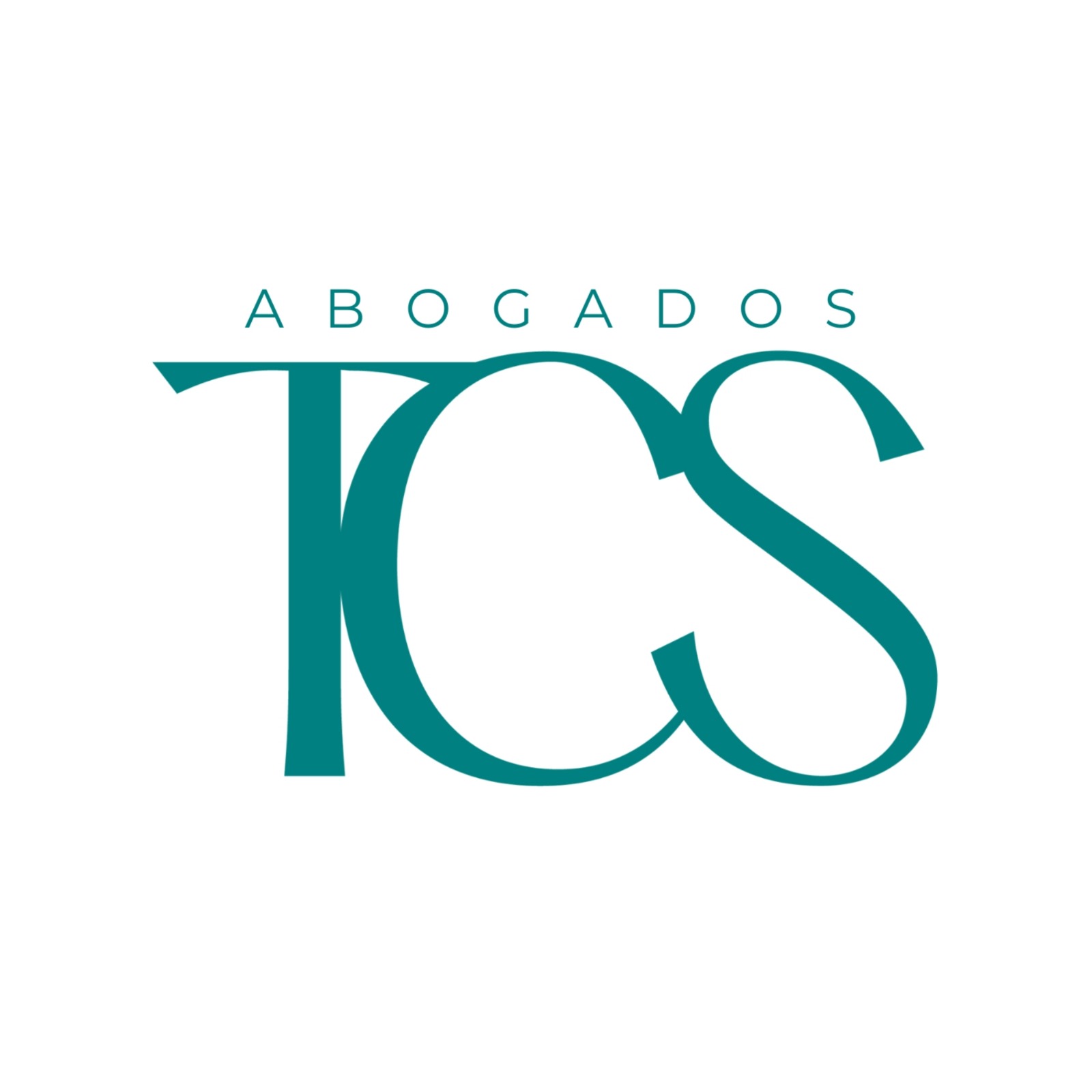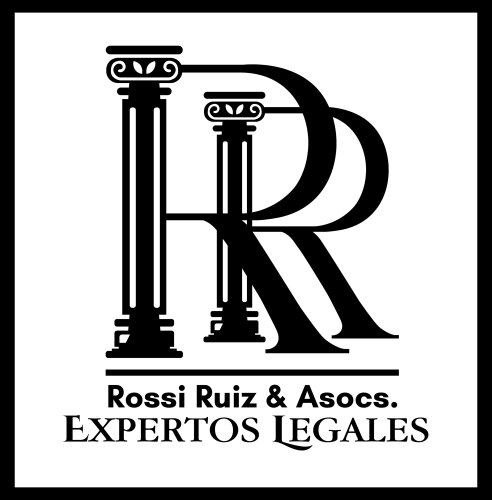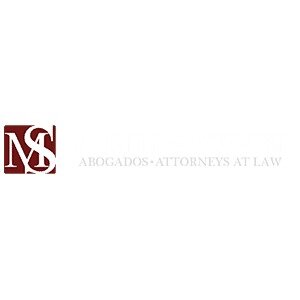Best Native People Lawyers in Santo Domingo
Share your needs with us, get contacted by law firms.
Free. Takes 2 min.
List of the best lawyers in Santo Domingo, Dominican Republic
About Native People Law in Santo Domingo, Dominican Republic:
Native People in Santo Domingo, Dominican Republic refers to the indigenous peoples who have inhabited the island for centuries. They have a unique cultural heritage and face specific legal challenges that require specialized legal assistance.
Why You May Need a Lawyer:
You may need a lawyer for issues related to land rights, cultural preservation, government recognition, and other legal matters that affect Native People in Santo Domingo, Dominican Republic. A lawyer can provide guidance and representation to protect your rights and interests.
Local Laws Overview:
Local laws in Santo Domingo, Dominican Republic recognize the rights of Native People and aim to protect their cultural heritage. These laws include provisions for land rights, preservation of indigenous languages, and recognition of traditional customs and practices.
Frequently Asked Questions:
1. What legal rights do Native People in Santo Domingo, Dominican Republic have?
Native People in Santo Domingo, Dominican Republic have rights to their ancestral lands, cultural heritage, and traditional practices. They are also entitled to protection against discrimination and exploitation.
2. How can I file a land claim as a Native Person in Santo Domingo, Dominican Republic?
You can file a land claim through the appropriate government agencies or seek legal assistance to help you navigate the process and protect your rights.
3. Can non-Native People own land in Native territories in Santo Domingo, Dominican Republic?
Non-Native People can own land in Native territories in Santo Domingo, Dominican Republic, but they must comply with local laws and respect the rights of Indigenous Peoples.
4. What is the process for obtaining government recognition as a Native People in Santo Domingo, Dominican Republic?
The process for obtaining government recognition as a Native People in Santo Domingo, Dominican Republic involves submitting documentation to prove your indigenous heritage and demonstrating your connection to the land and culture.
5. What legal protections are in place to preserve indigenous languages in Santo Domingo, Dominican Republic?
There are specific laws and regulations in place to protect and preserve indigenous languages in Santo Domingo, Dominican Republic, including provisions for bilingual education and cultural programs.
6. Can I practice traditional customs and ceremonies as a Native Person in Santo Domingo, Dominican Republic?
Native People in Santo Domingo, Dominican Republic have the right to practice their traditional customs and ceremonies, as long as they do not violate any local laws or infringe on the rights of others.
7. Are there legal resources available for Native People in Santo Domingo, Dominican Republic?
There are legal resources available for Native People in Santo Domingo, Dominican Republic, including legal aid organizations, indigenous advocacy groups, and government agencies that specialize in Native People law.
8. What are the penalties for violating the rights of Native People in Santo Domingo, Dominican Republic?
Violating the rights of Native People in Santo Domingo, Dominican Republic can result in legal action, including civil lawsuits, fines, and criminal charges. It is important to respect the rights and culture of Indigenous Peoples.
9. How can I find a lawyer who specializes in Native People law in Santo Domingo, Dominican Republic?
You can find a lawyer who specializes in Native People law in Santo Domingo, Dominican Republic by contacting local bar associations, legal aid organizations, or indigenous advocacy groups for recommendations.
10. What should I do if my rights as a Native Person are being violated in Santo Domingo, Dominican Republic?
If your rights as a Native Person are being violated in Santo Domingo, Dominican Republic, you should seek legal assistance immediately to protect your rights and seek remedies for any harm or discrimination you have experienced.
Additional Resources:
For additional resources related to Native People in Santo Domingo, Dominican Republic, you can contact the National Indigenous Council of Santo Domingo or the Ministry of Indigenous Affairs for guidance and support.
Next Steps:
If you need legal assistance in matters related to Native People in Santo Domingo, Dominican Republic, it is important to contact a lawyer who specializes in Native People law to protect your rights and interests. You can also reach out to local indigenous advocacy groups for support and resources.
Lawzana helps you find the best lawyers and law firms in Santo Domingo through a curated and pre-screened list of qualified legal professionals. Our platform offers rankings and detailed profiles of attorneys and law firms, allowing you to compare based on practice areas, including Native People, experience, and client feedback.
Each profile includes a description of the firm's areas of practice, client reviews, team members and partners, year of establishment, spoken languages, office locations, contact information, social media presence, and any published articles or resources. Most firms on our platform speak English and are experienced in both local and international legal matters.
Get a quote from top-rated law firms in Santo Domingo, Dominican Republic — quickly, securely, and without unnecessary hassle.
Disclaimer:
The information provided on this page is for general informational purposes only and does not constitute legal advice. While we strive to ensure the accuracy and relevance of the content, legal information may change over time, and interpretations of the law can vary. You should always consult with a qualified legal professional for advice specific to your situation.
We disclaim all liability for actions taken or not taken based on the content of this page. If you believe any information is incorrect or outdated, please contact us, and we will review and update it where appropriate.














